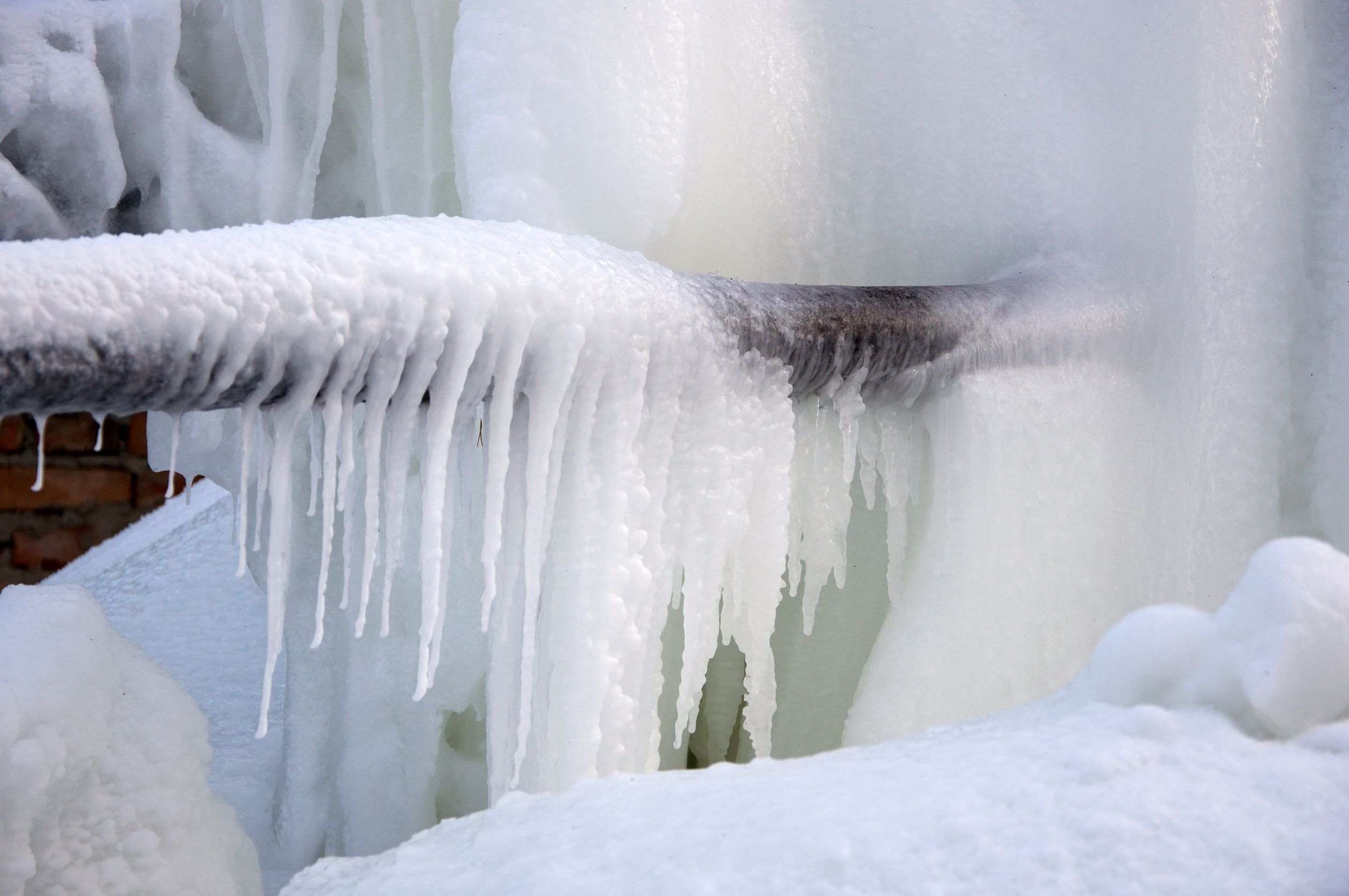Here on the next paragraphs you can get additional amazing facts all about How to prepare your home plumbing for winter weather.

Cold weather can damage your pipes, particularly by freezing pipelines. Here's exactly how to avoid it from happening and what to do if it does.
Intro
As temperature levels decline, the danger of frozen pipelines increases, potentially bring about pricey repairs and water damage. Understanding just how to stop frozen pipes is essential for property owners in cool climates.
Avoidance Tips
Insulating susceptible pipes
Wrap pipelines in insulation sleeves or make use of warmth tape to shield them from freezing temperature levels. Concentrate on pipelines in unheated or external locations of the home.
Home heating strategies
Keep interior rooms properly heated, especially locations with pipes. Open up cupboard doors to allow warm air to flow around pipelines under sinks.
Exactly how to identify icy pipelines
Search for decreased water circulation from taps, unusual smells or sounds from pipes, and noticeable frost on subjected pipes.
Long-Term Solutions
Architectural modifications
Consider rerouting pipelines away from outside walls or unheated locations. Add added insulation to attics, cellars, and crawl spaces.
Upgrading insulation
Purchase top quality insulation for pipelines, attics, and wall surfaces. Proper insulation assists keep consistent temperature levels and reduces the danger of frozen pipes.
Safeguarding Outdoor Plumbing
Garden hose pipes and outside taps
Separate and drain garden tubes before winter months. Install frost-proof faucets or cover exterior taps with insulated caps.
Understanding Icy Pipelines
What causes pipes to ice up?
Pipelines freeze when exposed to temperature levels listed below 32 ° F (0 ° C) for expanded periods. As water inside the pipes freezes, it broadens, putting pressure on the pipeline wall surfaces and possibly triggering them to break.
Threats and problems
Icy pipelines can bring about water supply disruptions, residential property damages, and costly repair work. Burst pipes can flooding homes and create substantial structural damage.
Indicators of Frozen Piping
Determining frozen pipelines early can avoid them from rupturing.
What to Do If Your Pipelines Freeze
Immediate activities to take
If you think frozen pipelines, keep taps open up to alleviate stress as the ice melts. Utilize a hairdryer or towels soaked in hot water to thaw pipelines slowly.
Final thought
Preventing icy pipelines requires positive actions and quick actions. By recognizing the causes, indications, and safety nets, home owners can protect their plumbing during winter.
Helpful Tips to Prevent Frozen Pipes this Winter
UNDERSTANDING THE BASICS: WHY PIPES FREEZE AND WHY IT’S A PROBLEM
Water freezing inside pipes is common during the winter months, but understanding why pipes freeze, and the potential problems it can cause is crucial in preventing such incidents. This section will delve into the basics of why pipes freeze and the associated problems that may arise.
THE SCIENCE BEHIND FROZEN PIPES
When water reaches freezing temperatures, it undergoes a physical transformation and solidifies into ice. This expansion of water as it freezes is the primary reason pipes can burst. As the water inside the pipe freezes, it expands, creating immense pressure on the walls. If the pressure becomes too great, the pipe can crack or rupture, leading to leaks and water damage.
FACTORS THAT CONTRIBUTE TO PIPE FREEZING
- Low Temperatures: Extremely cold weather, especially below freezing, increases the risk of pipes freezing.
- Uninsulated or Poorly Insulated Pipes: Pipes located in unheated areas, such as basements, crawl spaces, or attics, are more prone to freezing. Insufficient insulation or lack of insulation altogether exacerbates the problem.
- Exterior Wall Exposure: Pipes running along exterior walls are susceptible to freezing as they encounter colder temperatures outside.
- Lack of Heating or Temperature Regulation: Inadequate heating or inconsistent temperature control in your home can contribute to frozen pipes.
PROBLEMS CAUSED BY FROZEN PIPES
WHY CERTAIN PIPES ARE MORE PRONE TO FREEZING
- Pipe Bursting: As mentioned earlier, the expansion of water as it freezes can cause pipes to burst, resulting in significant water damage.
- Water Damage: When pipes burst, it can lead to flooding and water damage to your property, including walls, ceilings, flooring, and personal belongings.
- Structural Damage: Prolonged exposure to water from burst pipes can compromise the structural integrity of your home, leading to costly repairs.
- Mold and Mildew Growth: Excess moisture from water damage can create a favorable environment for mold and mildew growth, posing health risks to occupants.
- Disrupted Water Supply: Frozen pipes can also result in a complete or partial loss of water supply until the issue is resolved.
https://busybusy.com/blog/helpful-tips-to-prevent-frozen-pipes-this-winter/
- Location: Pipes located in unheated or poorly insulated areas, such as basements, crawl spaces, attics, or exterior walls, are at higher risk of freezing.
- Exterior Pipes: Outdoor pipes, such as those used for irrigation or exposed plumbing, are particularly vulnerable to freezing as they are directly exposed to the elements.
- Supply Lines: Pipes that carry water from the main water supply into your home, including the main water line, are critical to protect as freezing in these lines can affect your entire plumbing system.
- Underground Pipes: Pipes buried underground, such as those connected to sprinkler systems or outdoor faucets, can be susceptible to freezing if not properly insulated.

Do you appreciate reading about Helpful Tips to Prevent Frozen Pipes this Winter? Leave a comment down the page. We would be happy to listen to your reactions about this entry. We are looking forward that you come back again before long. Do you know about anybody else who is interested in the topic? Do not hesitate to promote it. Thanks for going through it.
Book Appointment
Comments on “Tips to Keep Your Pipes from Freezing Damage: Important Guidance”